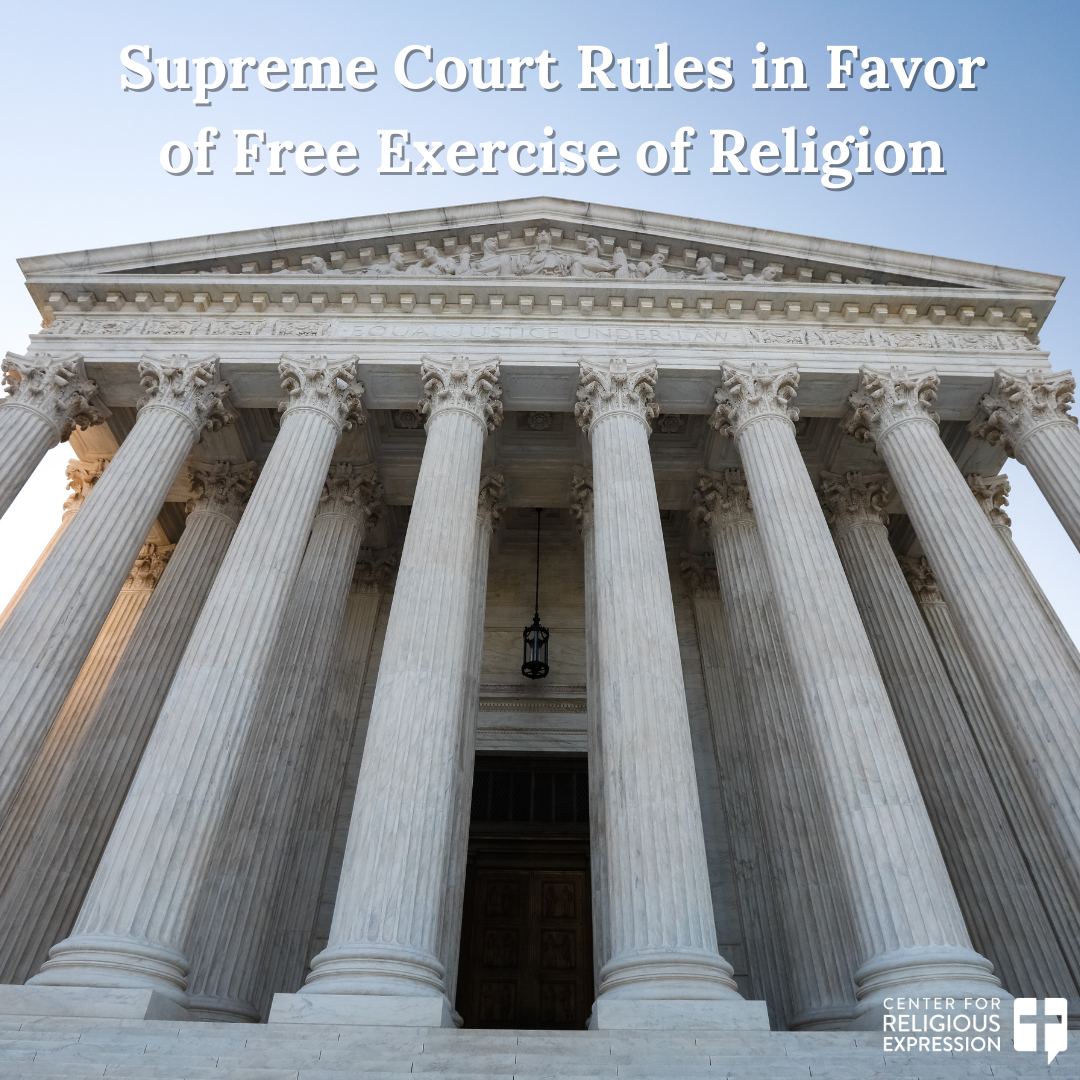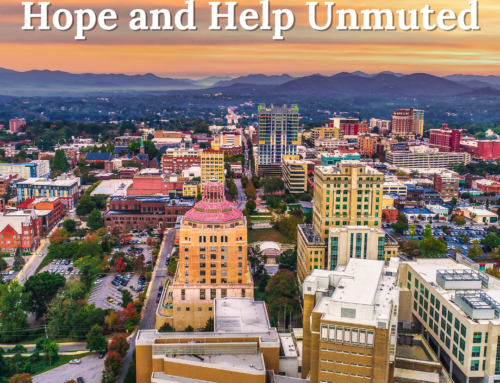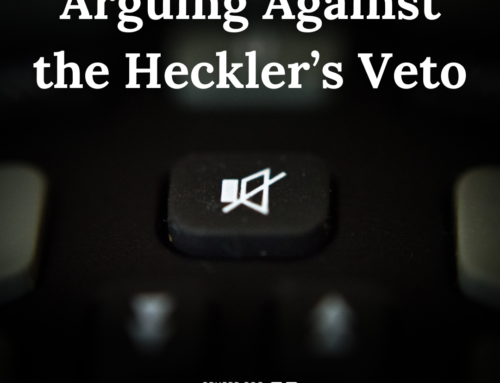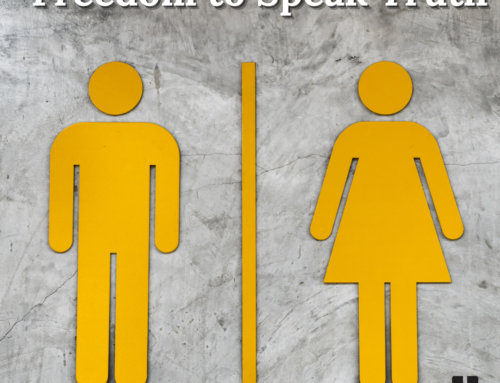Washington, D.C — June 4, 2018. Today, the United States Supreme Court ruled in favor of cake artist Jack Phillips, confirming that the State of Colorado had unconstitutionally engaged in religious hostility towards Phillips in punishing him for declining to design a custom cake celebrating same-sex marriage.
When Jack Phillips politely declined to use his artistic talents to create a custom cake celebrating same-sex marriage, he never thought that the legitimacy of his sincere Christian beliefs would be put on trial. But that’s exactly what happened. He was hauled before the Colorado Civil Rights Commission, lambasted for living by his religious beliefs, which the Commission described as “despicable” as defending slavery and the Holocaust, and punished. Phillips challenged the ruling, pleading before the court of appeals that being punished for declining to celebrate same-sex marriage violated his First Amendment rights, but his plea fell on deaf ears.
Phillips appealed, and the U.S. Supreme Court agreed to hear the case. The Center for Religious Expression submitted a friend-of-the-Court brief on behalf of nearly 500 creative professionals, whom, as CRE’s brief explained, are rightly concerned that they too may be compelled – under threat of criminal sanction – to create objectionable messages in violation of their free speech rights.
Today, the high court vindicated Phillips. In a 7-2 decision, the Court held that the Commission’s commentary plainly demonstrated a failure to abide by its constitutional duty to remain neutral toward religion and adjudicate cases in a fair and impartial manner. Indeed, as the Court recognized, “the Commission’s consideration of Phillips’ case was neither tolerant nor respectful of Phillips’ religious beliefs.”
“We congratulate Mr. Phillips on his important victory,” said CRE Chief Counsel Nate Kellum. “The Supreme Court has now made clear that the institutional anti-Christian bias exhibited by the Colorado Civil Rights Commission will not be tolerated.”
Kellum went on to note that the fight for religious expression is far from over:
“The Supreme Court left for another day the important issue of whether anti-discrimination laws can compel creative professionals to create messages with which they disagree, the primary issue we highlighted in our Brief. Nonetheless, the Court’s decision commands that future cases be handled fairly and with due respect for the convictions of people of faith.”






